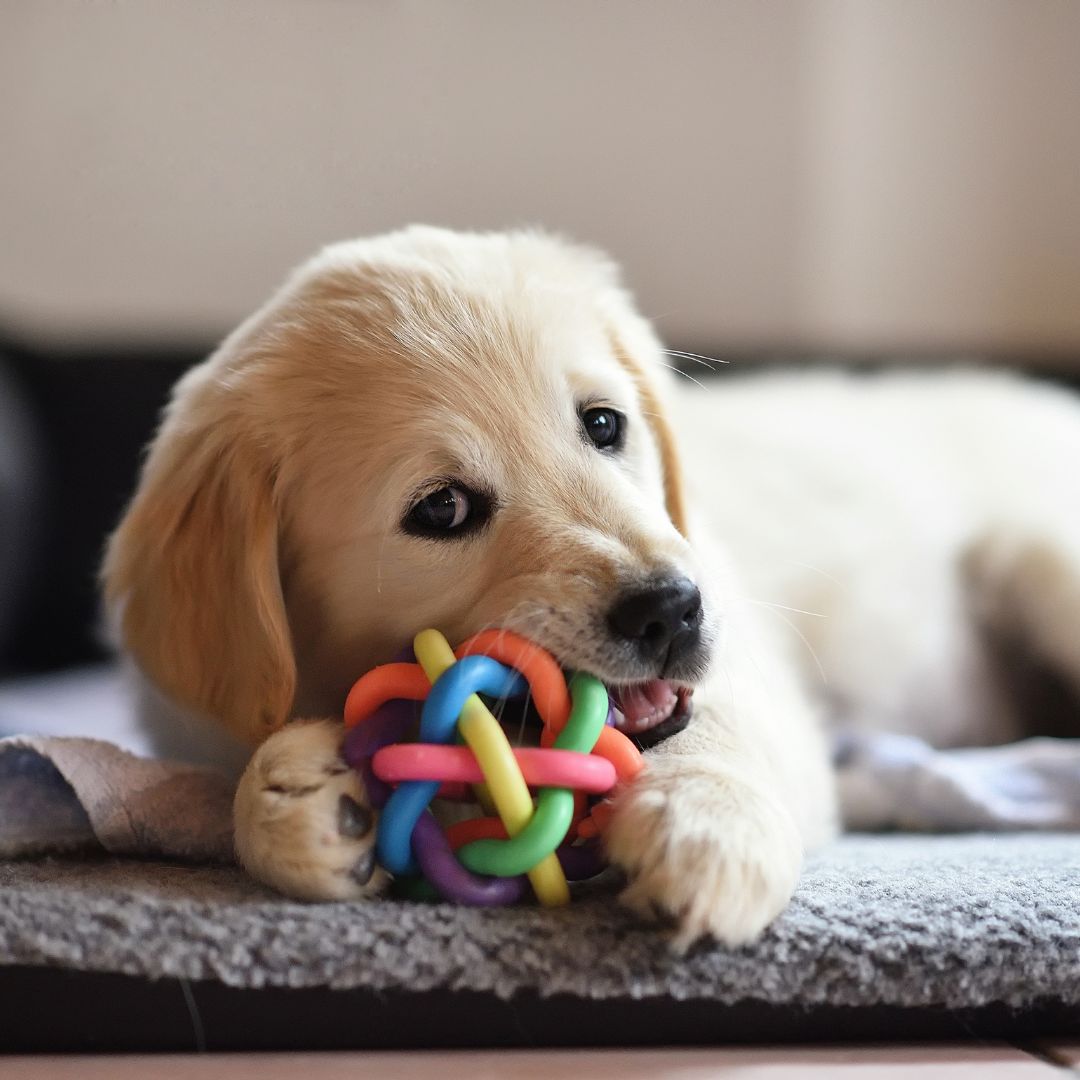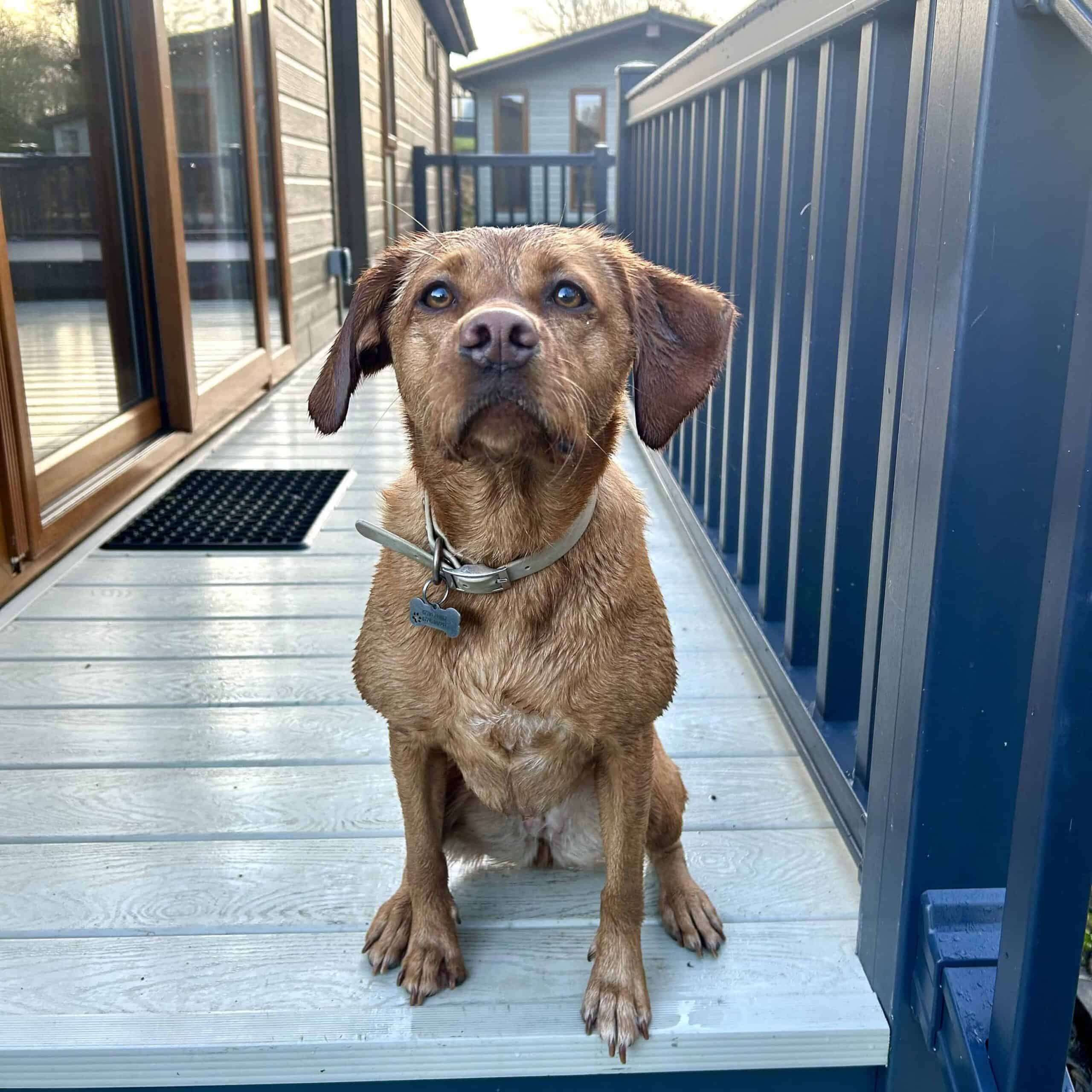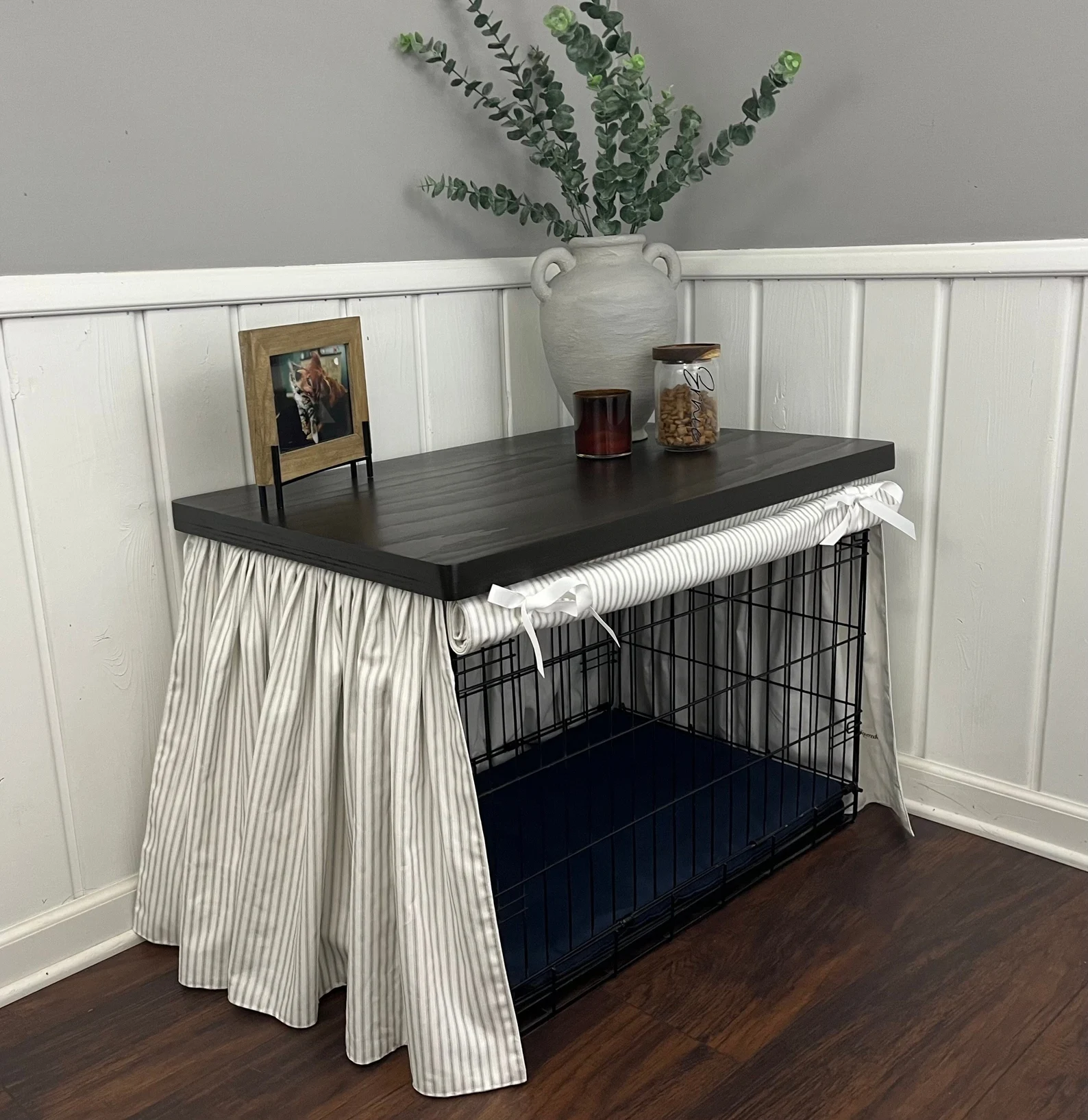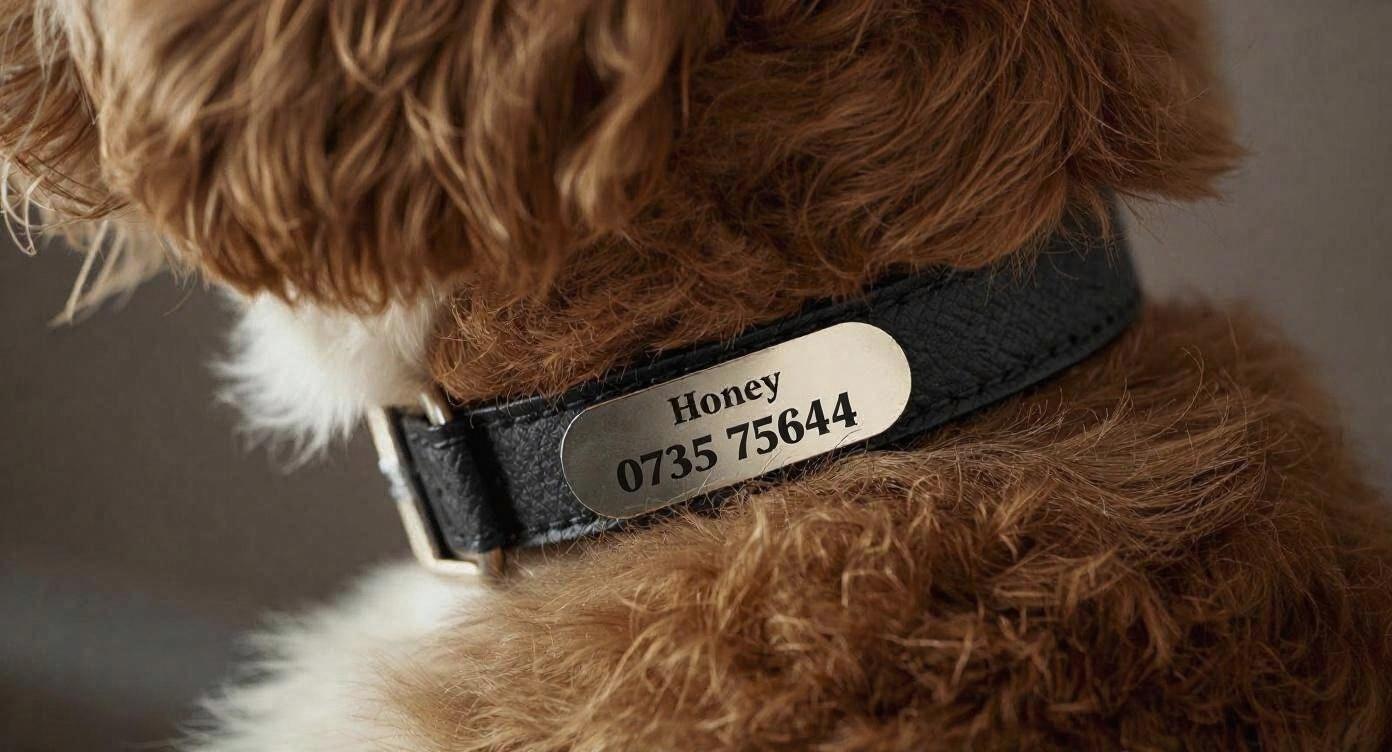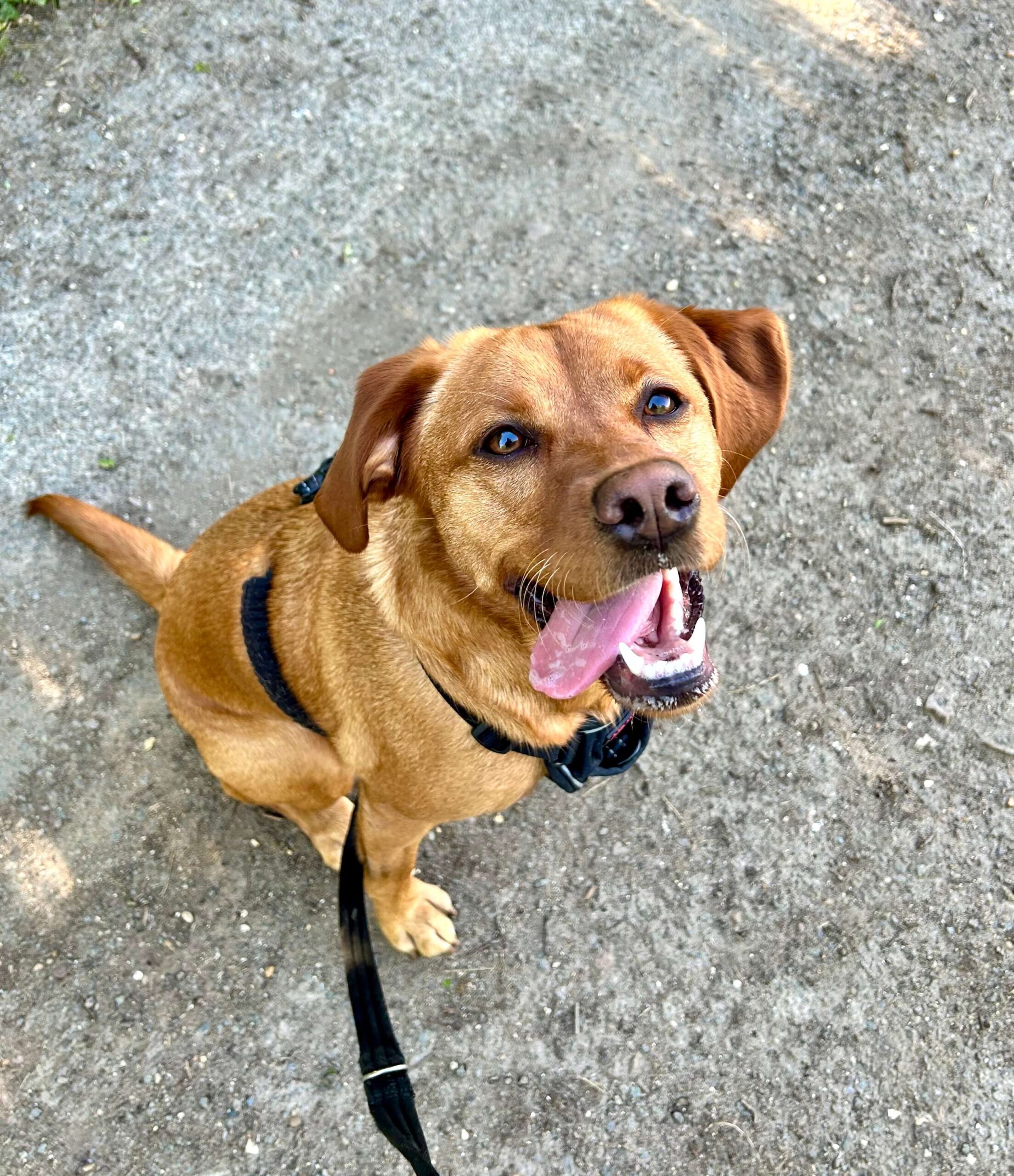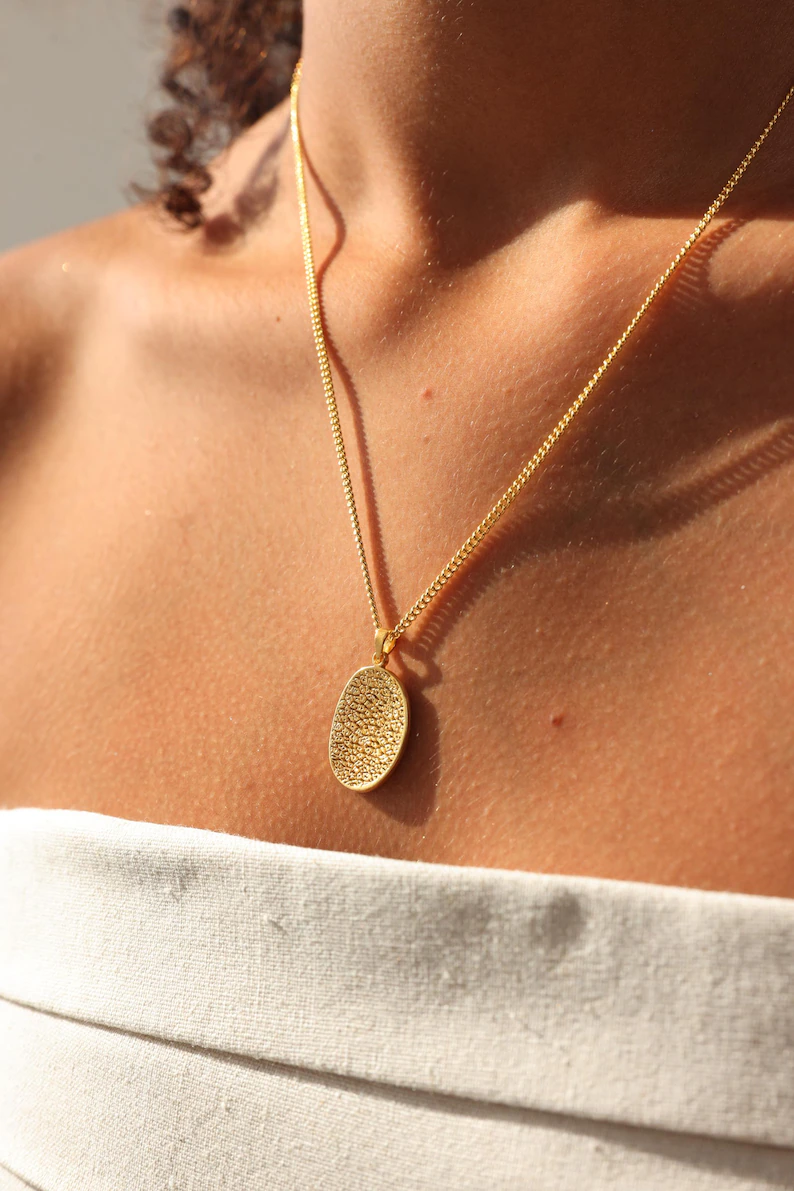Many of us have never trained a dog before getting our first puppy. I had the most calm rescue dog growing up, so getting a puppy in my 20’s was a shock to the system. You might be thinking how on earth am I going to get this hyperactive fluffy demon with shark teeth to listen to me? You might also be feeling a touch of the puppy blues. But you can’t pour from an empty cup, and you don’t know what you don’t know (yet!). Here are my puppy training puppy tips for humans, to prepare you for training your puppy. This advice will set you up for success in your puppy training endeavours.
Tip 1: Decide on Your Training Priorities
Think about your lifestyle and how you see a dog fitting into it. This will help you realise which skills and behaviours will be most beneficial for you to focus on teaching your puppy. Aside from toilet training, which is top of everyone’s list. Here are some examples of things to consider:
- If you work from home, you’ll want to work on settle training. This will help your puppy to relax while you work at your computer without needing constant entertainment.
- If you’re a big walker or outdoorsman, your dog’s recall will be the highest priority.
- If you are really sociable and have lots of guests at your house, your dog’s house manners will be important, like being calm when the door is knocked and not jumping at people.
- If you can’t get through a weekend without a pint at the pub, training good behaviour in social spaces is vital.
- If you have other pets already, getting your puppy familiar with them and making sure they can live in harmony is important.
You get the idea. What applies to your lifestyle? When a lot of people think of dog training, they think of sit, lie down, roll over, play dead, etcetera. Actually, there are many more useful things to spend your training time focusing on. You will surely want to teach your dog all of the above, as they are all valuable skills. However, making sure your dog adapts to your family life is more important than teaching flashy tricks!

Tip 2: Figure Out What Motivates Your Puppy
Every dog is different, and will be motivated by different rewards. One of the best puppy training tips I learned was to find the reward my puppy gets most excited about. Some dogs are really food motivated, like Labradors. Most Labradors will happily engage in training if you have a pocketful of tasty dog treats. I have a Labrador cross-breed who definitely falls into this category! Some dogs might be picky about which treats motivate them. When doing training sessions with my puppy, cooked chicken was the ultimate high reward treat to keep her focused and engaged. Other things you can try are cheese, ham, or cooked sausage. Normally the smellier the food, the better! Have a special treat that you only bring out for training sessions will make it an even more exciting and valuable reward.
There are many other dogs who won’t be bothered by treats, and will not sit for a piece of chicken. What do you do in this situation? Well, your dog might find play more rewarding.
What does play as a reward look like in practice? If you are training recall with your dog (which is when they come back to you with a command, like ‘come’) you can wave a toy at them to encourage them to run towards you. When they successfully get to you, you give them 10 seconds of play with the toy as their reward. Another example would be if you are training your dog to walk next to you instead of pulling on their lead, you can take a toy out on your walks and hold it in front of your puppy to encourage them to walk beside you.
Working out early on what your dog is most motivated by will help your puppy training get off to a flying start!

Tip 3: Focus on the Baby Steps
One amazing thing about training is that it is mentally stimulating for your puppy. This means it will help tire them out and give you some much needed rest as well! Because they find it so tiring, they can’t concentrate for long periods of time. Many dog trainers will recommend just 10-20 minutes of dedicated training time a day will be enough to help your dog work on their skills. Don’t think they are going to master a skill in one session, and get frustrated when it’s been an hour and they haven’t cracked it. Small and consistent steps will yield much better results!
The puppy training journey is a long one… I’m talking about a few years long. Your dog has an adolescent stage after their puppy stage. They can be very high energy, easily distracted, and stubborn. So the training doesn’t end when they hit 6 months old, you’ll be training throughout this adolescent period of their lives as well. My dog is now 2 years old and I still have a pocketful of treats on every walk to help with her loose lead walking and recall.
This is why I want to emphasise daily consistency. Take each day as it comes, and don’t be expecting to have a perfectly trained puppy within the first 4 weeks of bringing them home – you will be setting yourself up for disappointment.
Tip 4: Utilize Different Resources
We have so much knowledge at our fingertips today, make the most of it! There is so much you can learn to help you along your training journey. Here are some great things you could do to help you on your journey.
Youtube
The easiest place to start – Youtube. There are many dog trainers on youtube with helpful videos about teaching different skills to your dog. Read the video comments, see how people who tried putting the instructions into practise got on. Watch multiple videos on the same topic, and see how different people approach training the same skill. This isn’t to confuse you, but to give you alternative methods if your puppy just isn’t vibing with a certain training technique.
Two dog trainers whose videos on youtube I found useful were Zak George, and Will Atherton. Two very different dog trainers with different training and video styles, but I picked up useful puppy training tips from both of them. Zak George’s content I found particularly useful with crate training and settle training, and Will Atherton’s content about loose lead walking worked well for me.

Training Classes
If you can afford to, get in contact with a local dog trainer for some face to face training. I did a 4 week puppy training course when I first brought my puppy home. No, she wasn’t perfectly trained after this course. But I was trained on how to train my dog! The best thing to come out of the course was to have someone watch you work with your dog and offer bespoke corrections and advice. I’ve written another blog post you can check out – Are Puppy Classes Worth it? Everything You Need to Know.
Online Communities
There are thousands of different Facebook groups dedicated to specific dog breeds, new puppy communities, recently adopted rescue dog communities, and so much more. The first benefit of joining these groups is to realise you aren’t alone. You heard me – everyone who is trying to train a dog is feeling frustrated! It’s not an easy job, but you’re doing better than you think you are. Just by being here on this blog post, you’re making an effort to better yourself for the benefit of your dog. Go you!
The second benefit of joining online communities is you can ask questions and get support when you need it.If you recently brought home a Border Collie puppy, joining a Border Collie facebook group puts you in contact with hundreds of people who can offer breed specific experiences they have had. You hopefully will find new puppy training tips for your herding-obsessed dog, which you hadn’t thought of before!
If you have an anxious puppy who is reactive towards other dogs, you can find reactivity communities to help guide you through.
As a disclaimer, I’m not saying there will be training experts answering questions on these groups – but well meaning dog lovers who share your love for their puppy/rescue/specific dog breed. There will also be the odd crazy Joe who leaves nasty comments, but that just comes with the territory of being on the internet.
Hopefully these puppy training tips for humans have given you some food for thought! Puppy training is a tough but rewarding journey. If you put in the effort while your dog is young, you will build a lifelong bond and reap the benefits for years to come.


